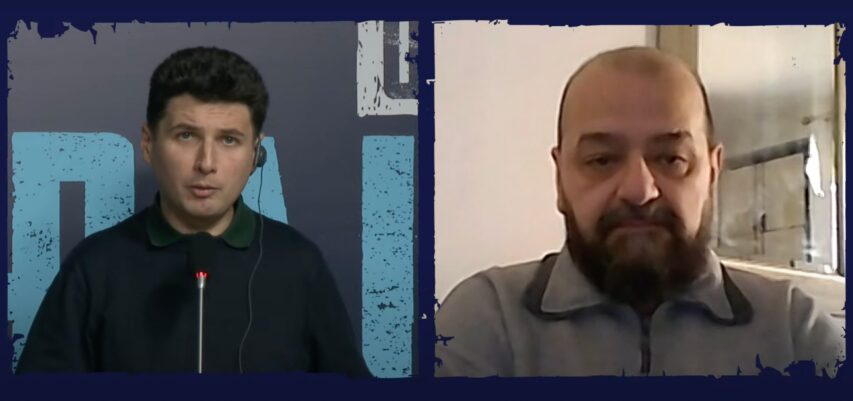
Protests in Serbia do not solve problems with European integration – expert
The situation in Serbia is complicated because neither the current president, Vucic, nor the opposition has a firm, clear pro-European position and supports Russia and Putin’s actions.
This opinion was expressed at a briefing at the Ukraine-Odesa Media Center by Dragan Šormaz, a former member of the Serbian parliament (2001-2022), former member of the parliamentary defense and security committee. In his opinion, these political forces do not see Serbia’s future in the European Union, despite high inflation and new protests in the country.
“The population of Serbia has been poisoned by Vucic, and it is correct to say that it has been poisoned by Putin. Russian propaganda is very strong in our Balkan country. Vucic wants to run the country like a Russian leader. He cannot do it because Serbia is surrounded by European democratic countries. In them, you can see how democracy works. But Vucic acts like a little Putin. For example, he controls the media. Out of 10 major television campaigns, he manages 8. That is, almost all the information in the news is what Vucic needs. But the Western partners hope that it is Vucic who will be able to fulfill the conditions for joining the EU,” the politician said.
The expert noted that the opposition, which is currently protesting in Belgrade, also does not have a unified position on European integration, is very fragmented, broken and mostly supports Russia, Russian actions in Ukraine and loves Putin.
“But our opposition has not decided whether they want to be in the European Union or on their own. They have not even decided on the issue of Kosovo. There are many Serbian imperialists in our opposition. Among the opposition are those who justify Putin and do not support Western sanctions against Russia. They do not have an honest, pro-Western approach to the situation in Serbia. This is very bad. Even if these snap elections are recognized as illegal and held with violations, it will not solve Serbia’s problems with inflation and accession to the European Union,” Mr. Shormaz concluded.
Read more: https://mediacenter.org.ua/news
 Back
Back 